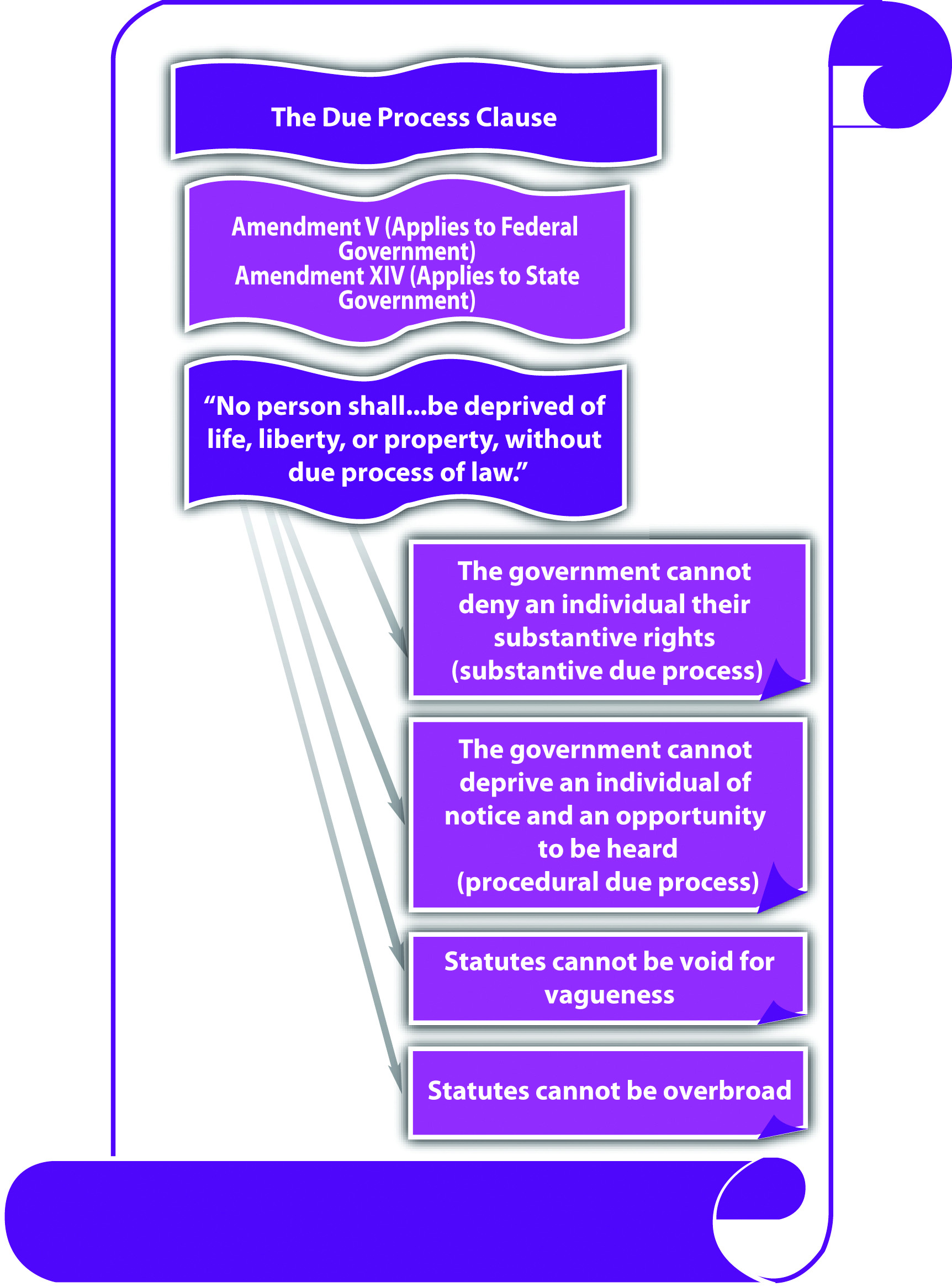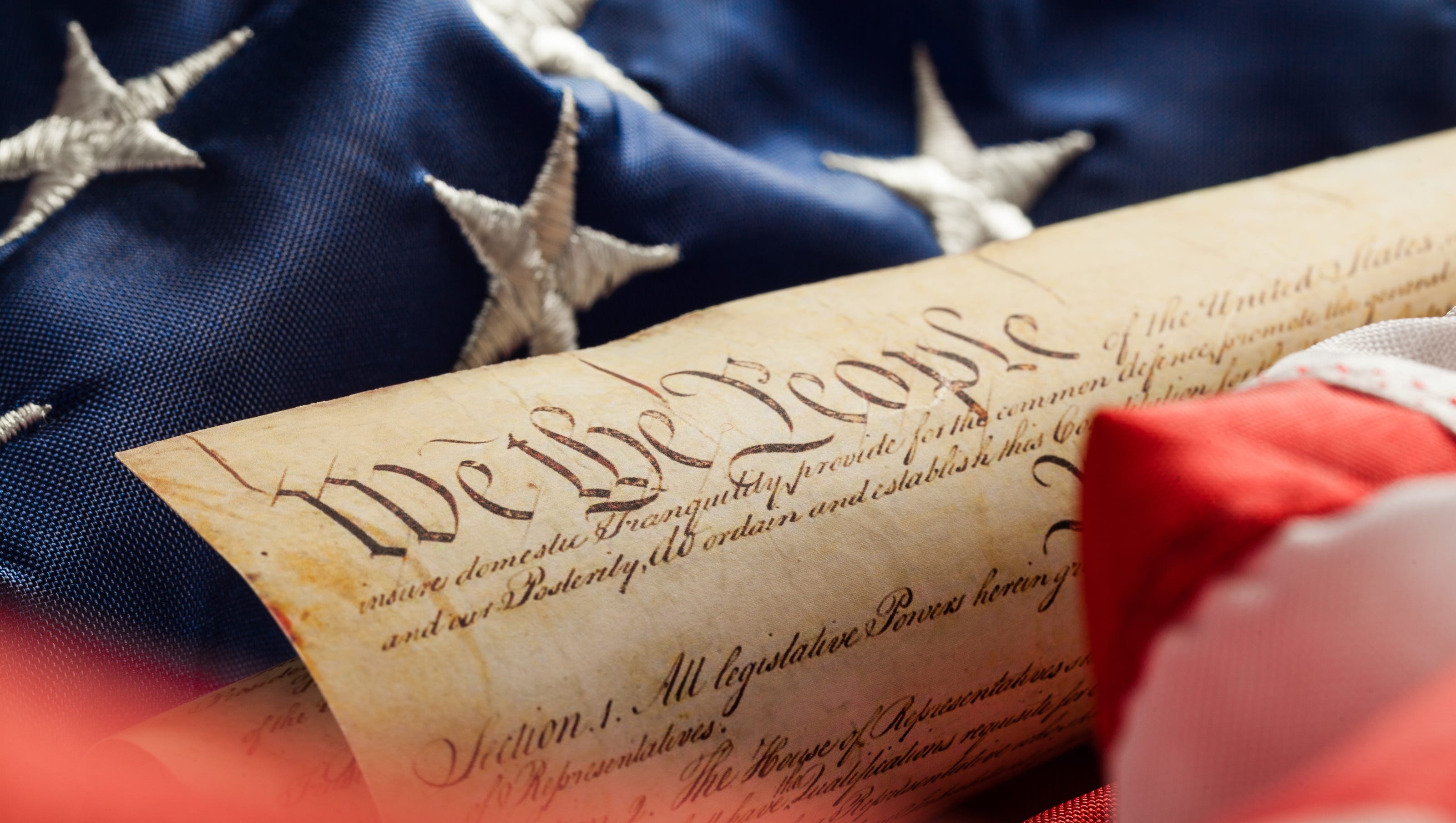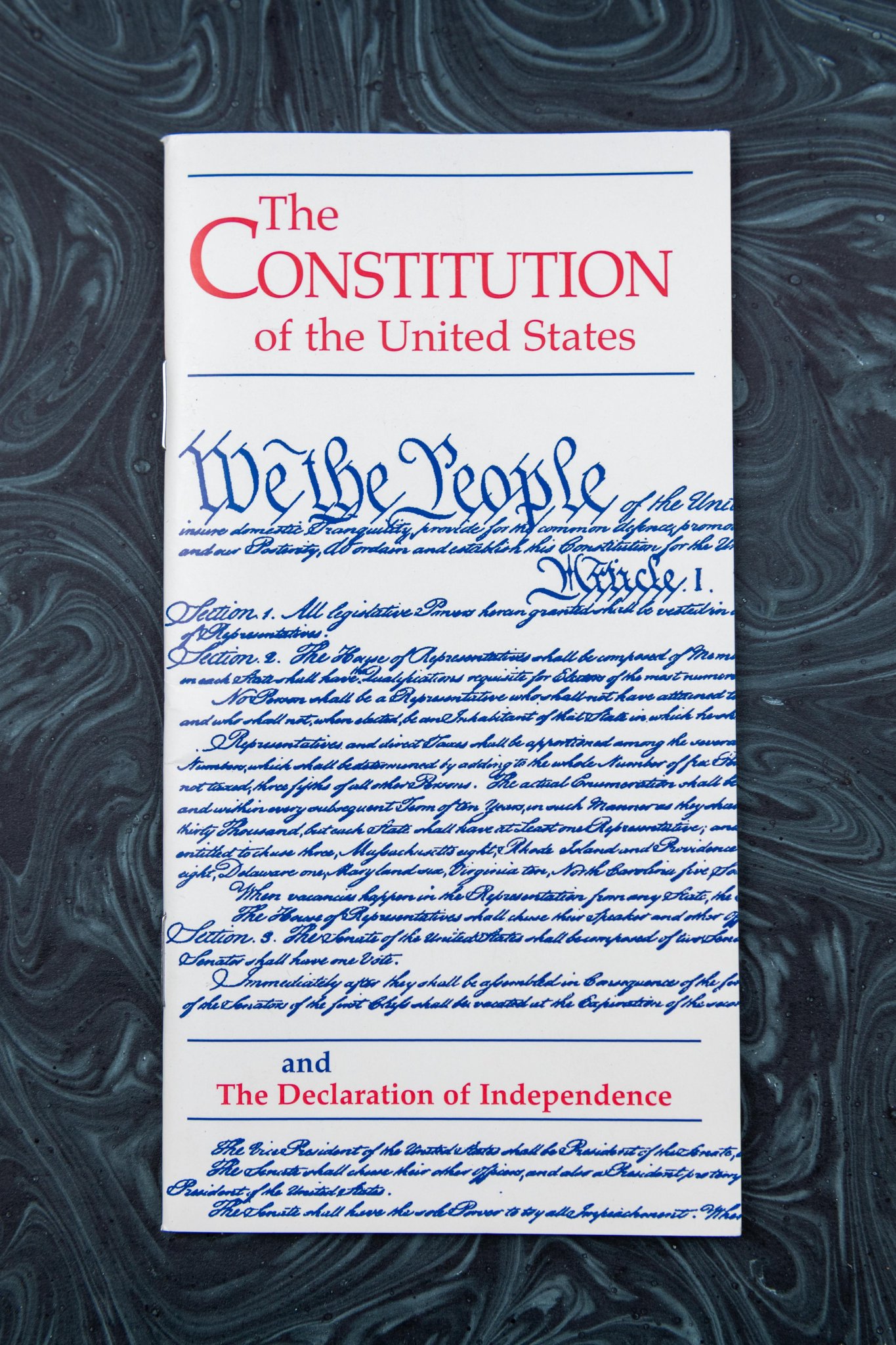The 14th Amendment to the United States Constitution, ratified in 1868, has played a pivotal role in protecting the civil rights of all Americans.
Editor's Notes: The 14th Amendment: Equal Protection And Due Process For All Americans have published today date. This topic is of paramount importance to the understanding of American history and law. It's a fascinating topic that sheds light on the evolution of civil rights in the United States. We've done extensive research and analysis to provide you with a comprehensive guide to this landmark amendment.
Through its Equal Protection and Due Process Clauses, the 14th Amendment prohibits states from denying any person "life, liberty, or property without due process of law" and guarantees equal protection under the law. This has had a profound impact on American society, ensuring the fundamental rights of all citizens and upholding the principles of justice and equality.
FAQ
The 14th Amendment to the U.S. Constitution guarantees equal protection and due process for all Americans. It was adopted in 1868 after the Civil War to address the issue of discrimination against African Americans. The amendment has been interpreted by the Supreme Court to apply to all persons, regardless of race, gender, or national origin.

3.2 The Due Process and Equal Protection Clauses – Criminal Law - Source open.lib.umn.edu
Question 1: What is the Equal Protection Clause?
The Equal Protection Clause prohibits states from denying any person "within its jurisdiction the equal protection of the laws." This means that states must treat all persons equally under the law, regardless of their race, gender, or national origin.
Question 2: What is the Due Process Clause?
The Due Process Clause prohibits states from depriving any person of "life, liberty, or property, without due process of law." This means that states must provide fair and reasonable procedures before depriving someone of their life, liberty, or property.
Question 3: How has the 14th Amendment been interpreted by the Supreme Court?
The Supreme Court has interpreted the 14th Amendment to apply to a wide range of issues, including discrimination in voting, education, housing, and employment. The Court has also held that the amendment protects the right to privacy and the right to marry.
Question 4: What are some of the landmark cases involving the 14th Amendment?
Some of the landmark cases involving the 14th Amendment include Brown v. Board of Education (1954), which struck down school segregation; Loving v. Virginia (1967), which legalized interracial marriage; and Roe v. Wade (1973), which established a woman's right to an abortion.
Question 5: How has the 14th Amendment impacted American society?
The 14th Amendment has had a profound impact on American society. It has helped to ensure that all Americans are treated equally under the law and that their rights are protected.
Question 6: What are some of the challenges to the 14th Amendment today?
The 14th Amendment continues to face challenges today. Some argue that the amendment is too broad and that it has been used to justify judicial activism. Others argue that the amendment is not broad enough and that it does not provide adequate protection for all Americans.
The 14th Amendment is a living document that has been interpreted by the Supreme Court to meet the changing needs of American society. It is a powerful tool that can be used to protect the rights of all Americans.
To learn more about the 14th Amendment, please visit The 14th Amendment: Equal Protection And Due Process For All Americans.
Tips
The 14th Amendment to the U.S. Constitution guarantees equal protection and due process for all Americans. This means that all individuals are entitled to the same treatment under the law, regardless of their race, gender, religion, or other characteristics. There are a number of steps that can be taken to ensure that everyone is treated fairly and that their rights are respected.
Tip 1: Educate Yourself
The first step towards ensuring equal protection and due process is to educate yourself about the 14th Amendment and your rights thereunder. There are a number of resources available online and in libraries that can help you to understand your rights and how to protect them.
Tip 2: Respect Differences
It is important to respect the differences of others and to treat everyone with dignity and respect. This means valuing the perspectives and experiences of others, even if you do not agree with them. It also means being tolerant of different religions, cultures, and lifestyles.
Tip 3: Speak Out Against Discrimination
If you see or hear someone being discriminated against, do not be afraid to speak out. Discrimination is illegal and it is important to make sure that everyone is treated fairly. You can speak out by talking to the person who is being discriminated against, by reporting the incident to a supervisor or teacher, or by contacting a civil rights organization.
Tip 4: Participate in the Political Process
One of the best ways to protect your rights is to participate in the political process. This means voting in elections, running for office, and contacting your elected officials to let them know your views on issues that are important to you.
Tip 5: Support Organizations that Fight Discrimination
There are a number of organizations that work to fight discrimination and protect the rights of all Americans. These organizations need your support, both financially and through your volunteer time. By supporting these organizations, you are helping to make a difference in the lives of others.
The 14th Amendment is a powerful tool that can be used to protect the rights of all Americans. By following these tips, you can help to ensure that everyone is treated fairly and that their rights are respected.
The 14th Amendment: Equal Protection And Due Process For All Americans
The 14th Amendment to the U.S. Constitution guarantees equal protection under the law and due process of law for all Americans. Essential aspects of this amendment include:
- Equal Protection
- Due Process
- No State Shall...
- Prohibits States
- Privileges or Immunities
- Citizenship
These aspects ensure that all citizens are treated equally under the law, regardless of their race, gender, religion, or national origin. It also protects individuals from arbitrary or unfair government action. The 14th Amendment has played a crucial role in shaping American law and society, ensuring the equal protection and due process rights of all Americans.

Law Day: The 14th amendment and immigration - Source www.courierpress.com
The 14th Amendment: Equal Protection And Due Process For All Americans
The 14th Amendment is one of the most important amendments to the U.S. Constitution. It was adopted in 1868, after the Civil War, and it guarantees equal protection and due process for all Americans. The Equal Protection Clause prohibits states from denying any person "within its jurisdiction the equal protection of the laws." The Due Process Clause prohibits states from depriving any person of "life, liberty, or property, without due process of law." These two clauses have been interpreted to protect a wide range of rights, including the right to vote, the right to a fair trial, and the right to privacy.

USGPO on Twitter: "#Onthisday in 1868, the 14th amendment was ratified - Source twitter.com
The Equal Protection Clause has been used to strike down laws that discriminate against racial minorities, women, and other groups. For example, in the landmark case of Brown v. Board of Education (1954), the Supreme Court ruled that racial segregation of public schools was unconstitutional. The Due Process Clause has been used to protect individuals from arbitrary government actions. For example, in the case of Gideon v. Wainwright (1963), the Supreme Court ruled that states must provide lawyers to indigent defendants in criminal cases.
The 14th Amendment has had a profound impact on American society. It has helped to ensure that all Americans are treated equally under the law. It has also protected individuals from arbitrary government actions. The 14th Amendment is a cornerstone of American democracy, and it continues to play a vital role in protecting the rights of all Americans.
Conclusion
The 14th Amendment is a powerful tool for protecting the rights of all Americans. It has been used to strike down laws that discriminate against racial minorities, women, and other groups. It has also been used to protect individuals from arbitrary government actions. The 14th Amendment is a cornerstone of American democracy, and it continues to play a vital role in protecting the rights of all Americans.
However, the 14th Amendment is not a panacea. It cannot solve all of the problems of discrimination and inequality in American society. But it is a powerful tool that can be used to make progress towards a more just and equitable society.
